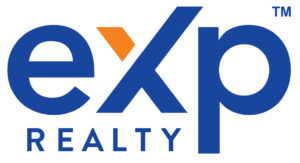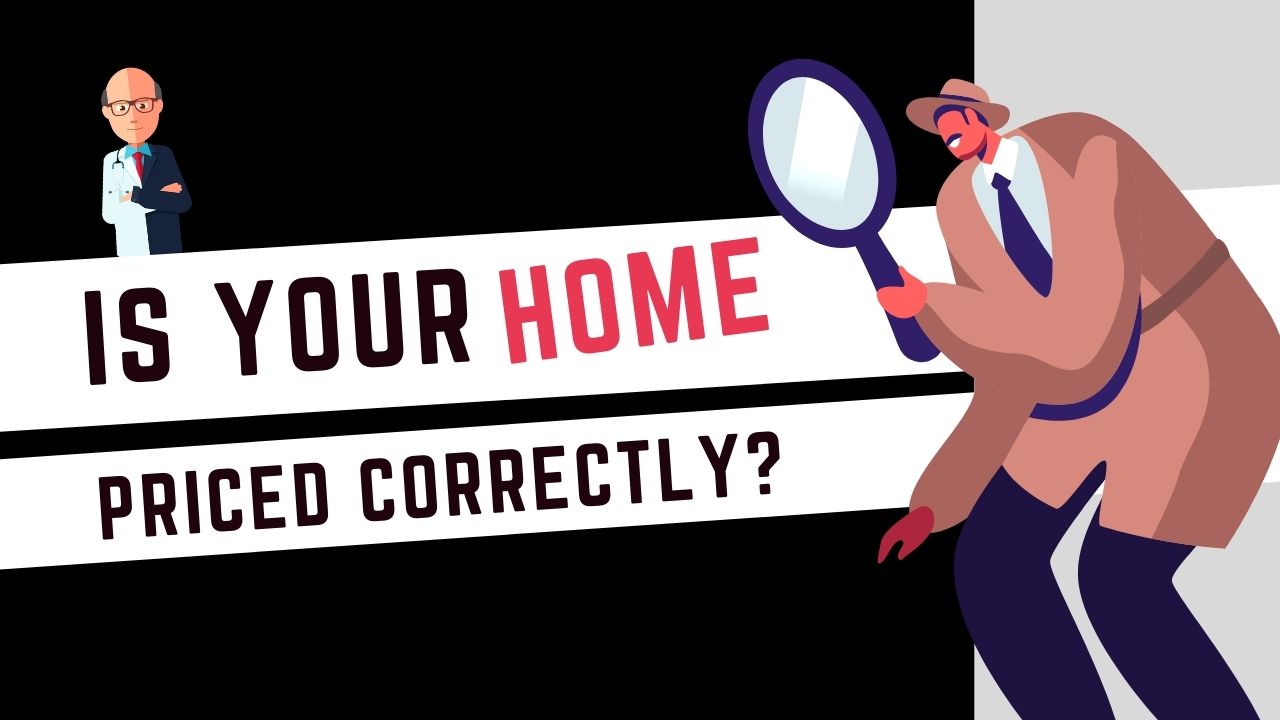When selling your house, knowing the pricing is correct is important. Especially in a disrupted market. Like now, there is inventory shortage driving prices upward. But if you’re exuberantly overpriced, you may not get any offers. If you are underpriced, you could have many offers to sift through, some of those offers not really competitive.
Here’s some pointers on how to price your house accurately. So whether you’re just starting the process of selling your house or you’ve already put it on the market, some ideas to consider:
Why is it important to price your home correctly? 
Correct pricing is an indicator of serious intent by the Seller to sell, and an actionable reference point for Buyers to logically consider their offer. Correct pricing helps bring about “a meeting of the minds”, the first step in the Contract to Close process.
Of course you want to get the best possible price for property. This is substantially, but not entirely just about dollars. You want the best likelihood of a timely closing, and a Buyer who wants to help you sell. Today’s markets move so quickly, that you don’t want to forego suitors but for the single variable of a “highest dollar number”. Consider the “highest total value” of the offer. That conclusion may well need inputs from your project team members (concerned personal sphere and stake holders, real estate, legal, tax etc).
Tips for how to price your house accurately?
Gain basic “Do it Yourself” knowledge: Discover recent Sales in your neighborhood? Many consumer facing data outlets report that data.
Consult a knowledgeable and rigorous thinking real estate professional as many adjusting factors may need to be added to make logical the subjective impressions or emotional intelligence you apply to your “sense of value”. These “soft” data need to align with market data, especially when there is a low volume of “comparable” closed and currently listed properties.
What are the consequences of pricing your house incorrectly?
If you price your house too low, you may end up selling it for less than it’s worth. On the other hand, if you price your house too high, it may sit on the market for a long time without any buyers. Ultimately, you want to find a happy medium that will attract buyers and get you the best possible outcome, as you define “outcome”.
 How can you tell if your house is overpriced or underpriced?
How can you tell if your house is overpriced or underpriced?
This is a question that many homeowners ask themselves when they are getting ready to sell.
The most important thing to keep in mind when pricing your home is that you need to be realistic. You can’t just pick a number out of thin air and expect buyers to be willing to pay it.
To get an idea of what your home is worth, you can start by looking at comparable homes in your area that have recently sold. This will give you a good starting point for setting your price.
Being Open to Objective Reality
Objectively, take into account the condition of your home. It’s easy to identify those special features you’ve enjoyed. But if you’ve had the property for a while, those features may have aged or depreciated regardless of whether repairs or replacements are needed.
Needing repairs or updates will lower value, of course relative to supply:demand inventory mismatches. If your home is in great condition or has useful and unique features, value may be disproportionately increased during market disruptions.
I want to hear your thoughts about this article! Comment below!
Dr. David Reis works with impressively smart real estate colleagues in 50 states and 20 Countries.
Filling out the form below will help us help YOU prepare for an effective conversation.
Dr. David Reis specializes in creating effective real estate project teams. Let’s talk!


1501 Broadway
12th Floor,
New York, NY 10036

1266 East Main Street, Suite 700R,
Stamford, CT 06902
Proud Member

Proud Member

Download Fair Housing Notice

New York State Disclosure Form for Landlord and Tenant
New York State Disclosure Form for Buyer and Seller
New York State Housing and Anti-Discrimination Disclosure Form
NYS Fair Housing Notice
Master Disclaimer
The views, opinions, and summary statements expressed in the contents of this website are those only of the noted presenter(s) (herein referenced as “opinion”) and do not represent official policy or policy positions of eXp World Holdings, it’s subsidiaries or vendor partners or clients (herein reference as “eXp”).
The contents of the media presented on this website and any media cross referenced as related to David G. Reis carry such disclaimers as above.
Quantitative information regarding real estate listings or industry statistics has been derived from source documents with appropriate permissions.
The accuracy of such information is the responsibility of the authors/owners of such source documents.
The media in this website makes no representation of the operational and business models,
expenses or financial success of licensed real estate professionals at, joining, or considering joining eXp.


0 Comments